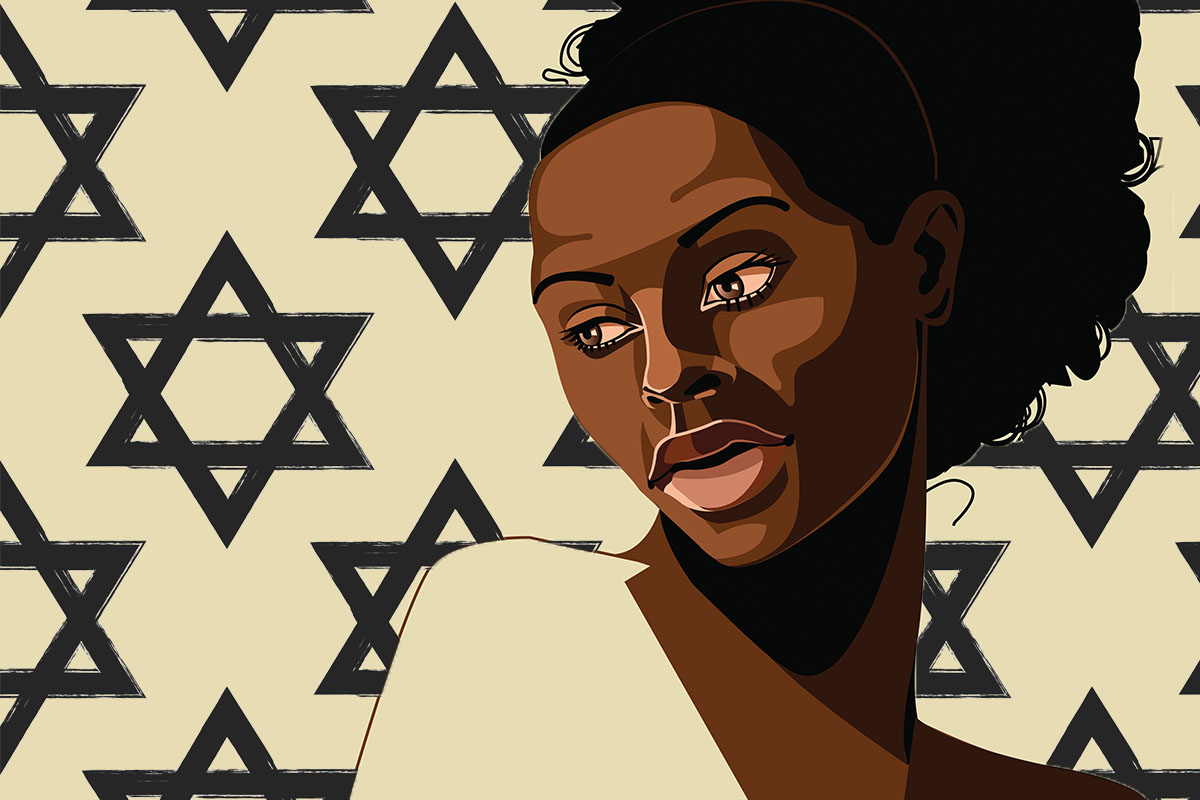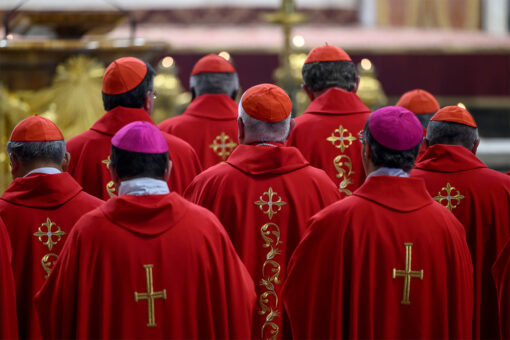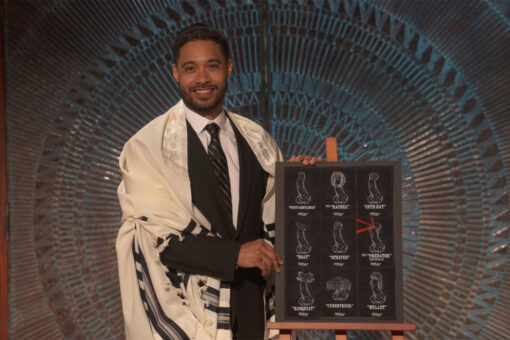I was nearly five months into my conversion to Judaism when I read an article headlined “White Jews: Stop Calling Yourselves White Passing.” Published in The Forward by Alma contributor Nylah Burton, the article explained the privilege that white Ashkenazi Jews have over Jews of color and arguably other people of color. The article caused much debate and much hostility — Nylah received many hate-fueled comments, including those that accused her of being a “fake Jew” sent in by anti-Semites to create division in the Jewish community. Obviously, none of those things about Nylah are true. However, what is true is the racial tension and division in the Jewish community that the article highlighted.
As I was reading through all the comments, I began to second guess my conversion. I was already dealing with racism in my personal and academic life; I didn’t want to deal with it in my religious life either. However, I also began to find strength in my position within the Jewish community. I realized that I was making a promise in front of God and no mortal being should be able to apply their standards of Jewishness to that.
So I ultimately continued with my conversion, but the sentiments in that article still echo the kind of problems I face today, both in Jewish spaces and beyond.
Most of those problems stem from the fact that both non-Jews and white Jews consistently make me feel that I must prove my Jewishness to them. In Jewish law, it’s highly discouraged to ask people if they are converts or if they’re currently converting. Yet so many white Jews not only ask if I’m a convert; they go so far as to ask why I converted. I don’t necessarily care if people know that I converted, but I really don’t like to talk about why. Not just because that is an invasive, personal question, but because I can sense the real reason they ask it. They aren’t “curious.” They don’t want to know my “Jewish story.” In their minds, Jews look a certain way, and seeing me in Jewish spaces goes against what they’ve been taught.
Even when I’m in spaces specifically for young Jews — which you’d imagine to be more progressive and accepting of all Jews — I find myself alienated. I don’t have the nostalgic childhood memories of Hebrew school or Jewish summer camp. I didn’t have a bat mitzvah at age 12, and I don’t have a family to celebrate the holidays with. When other young Jews talk about these things, I always feel awkward and like my experience is isolated. It doesn’t help that many people think those specific memories are what define having a culturally Jewish life.
Non-Jews are especially guilty of this, as many of them get their stereotypes of Jewish people from mainstream media, which is notorious for being Ashkenazi-normative. Despite being the co-president of my university’s Hillel, I will still have students deny my authority to speak on Jewish issues, culture, and history. When the Tree of Life synagogue shooting happened, there were people who didn’t understand why it was a painful time for me and purposely left me out of the comfort that they gave to the (white) Jewish students on campus. I have had non-Jews go as far as to tell me that because I’m a convert, I can’t truly face anti-Semitism. This kind of ignorance is disappointing, but not surprising. After all, if the Jewish community allows Jews of color and/or converts to be treated this way, then of course the outside community will also think it’s okay.
Many will read about my experiences and ask why I continued with my conversion. The answer is simple, which is that my Jewishness is non-negotiable. I talk candidly about issues within the Black community, but I never wish I wasn’t Black, nor do I stand passively in the eyes of racism. Just like I take pride in my Blackness, I take pride in my Jewishness.
The Jewish community is one full of trauma, joy, growth, history, culture, and diversity. When we forget that there’s no right way to be Jewish or that Jewishness isn’t based on one singular identity, we lose the richness that has carried us in both ancient and modern times. I raise these discussions because I want to see my community thrive, and if we don’t continue to address these issues, then it ultimately cannot.



